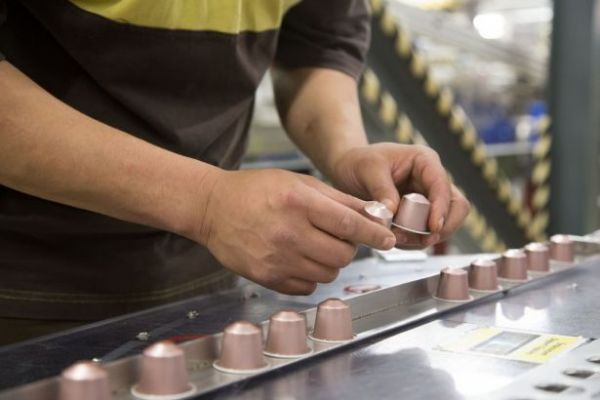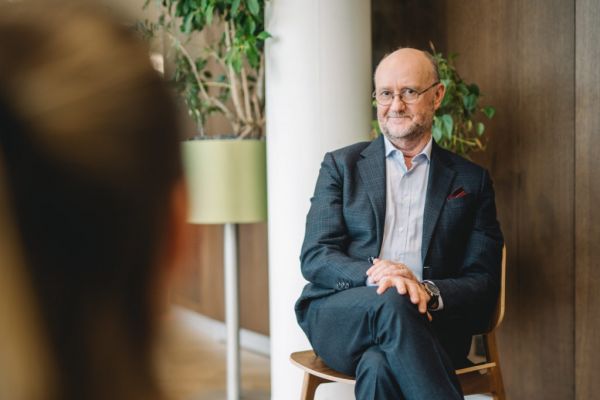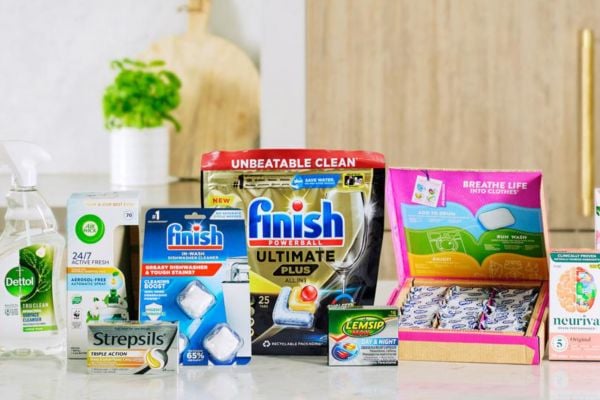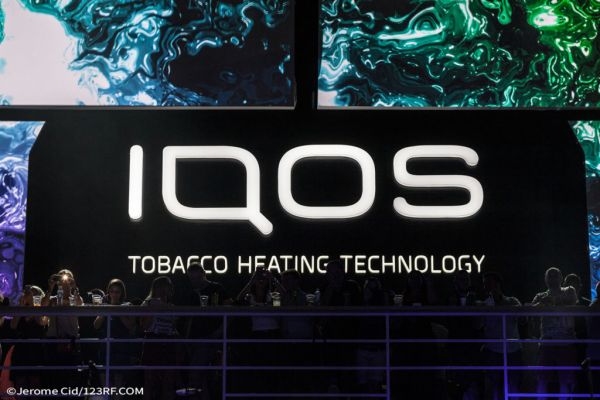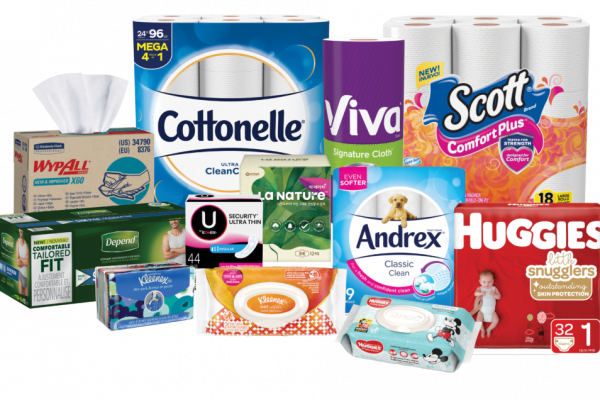Nespresso, Europe’s largest single-serve coffee brand, is adding a factory in Switzerland to produce capsules specially designed for the US, where sales growth is exceeding that of its home continent.
Nespresso, owned by the world’s biggest food-maker Nestlé, is showing “high double-digit” growth in the US, surpassing high single-digit growth in Europe, Nespresso Chairman Patrice Bula said in an interview in Romont, Switzerland, where the coffeemaker inaugurated its third production centre on Thursday.
"The US expansion is going very well,” Bula said. “We have the growth we planned to have in Europe. Of course you have much more competition, and of course it’s a more mature market."
Nespresso introduced its 8-ounce-serving VertuoLine coffee machine to the $5 billion North American single-serve market last year to appeal to their preference for bigger cups of coffee. The factory in Romont will be the only one producing pods for VertuoLine, Bula said. Nestle is spending 300 million francs ($308 million) on the Romont factory and has invested 1.1 billion francs in boosting Nespresso production in Switzerland since 2002.
VertuoLine has helped boost sales in America as it can produce big mugs of coffee, Nestle Chief Executive Officer Paul Bulcke said in an interview. The chain has more than 400 boutiques worldwide, of which 36 are in the US
"North Americans are different consumers," Bulcke said. “They do drink espresso, but for special moments in high-level restaurants.”
Nespresso has faced competition from compatible capsules made by rivals such as Mondelez International Inc. Nestle last year reached an agreement with France’s competition regulator to lift obstacles to makers of knockoff capsules for Nespresso machines.
"Lawsuits have been decreasing because we settled with a lot of our competitors and also because we wanted to move on, like them, into competing and innovating," Bula said. "It’s difficult when you’re in that process. For us, it’s the past."
Bloomberg News, edited by ESM To subscribe to ESM: The European Supermarket Magazine, click here.
